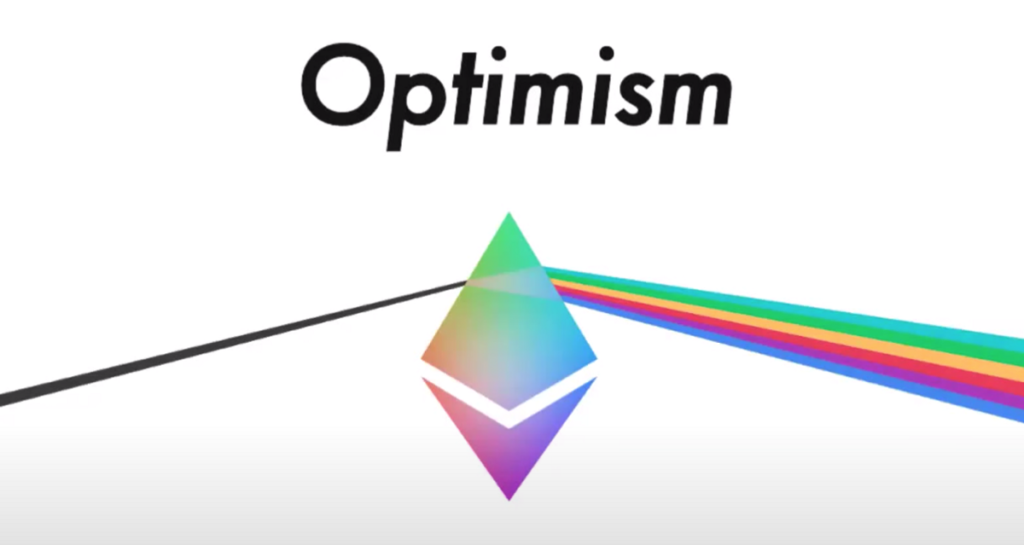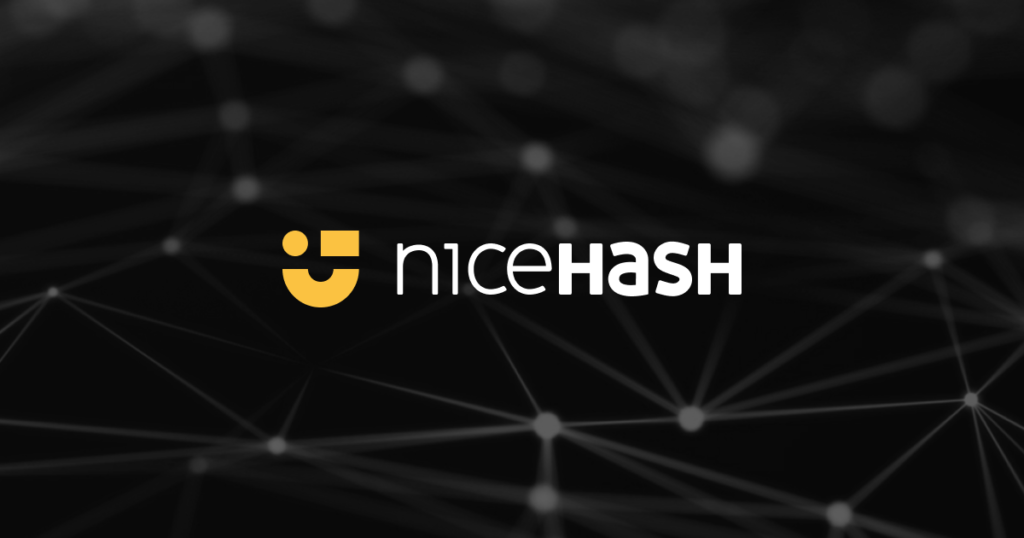
Vitalik expressed support for Optimism’s governance structure and the OP gas proposal. The Ethereum co-founder has often advocated that projects do away with coin voting in DeFi and DeGov, as this would give smaller holders a chance to actually participate in governance. Ethereum co-founder Vitalik Buterin supported Optimism’s new governance structure, noting that proposals such as using the OP token to pay for gas demonstrate a “clear representation of non-tokenholder interests.”
The Ethereum layer-2 scaling solution rolled out the first round of its long-awaited OP token issue on June 1 as part of its new “Optimism Collective” governance project. Optimism’s new governance structure includes two parties called Token House and Citizens’ House. The former consists of holders of OP management tokens and the latter consists of holders of “soul-bound” non-transferable NFT citizenships.
It’s not yet clear whether Buterin fully agrees with the June 2 proposal to use the OP management token to pay for gas, or if he’s just happy that such a discussion is taking place, he noted on Twitter today:
The two sides largely control different goals, with the Token House focusing on project incentives, protocol modernization, and treasury funds, while the Citizens House focuses on retroactive financing of public goods.
The duo also share decisions about managing network parameters and granting new citizenships in Citizens’ House, which Buterin seems to appreciate in this case. According to Optimism, the number of citizens in Citizens’ House will grow over time, and “the mechanism for distributing citizenships will be determined by the Foundation with input from Token House.”
Buterin has repeatedly stated his thoughts that the crypto sector needs to “move beyond coin voting” in decentralized finance (DeFi) or decentralized governance (DeGov), as it risks whale control token holders dominating the voting process. Buterin argues that this can often lead to the short-term orientation of whales endorsing proposals aimed at raising the price of certain assets.
Such a method could lead to small holders and platform users having no say in the DeGov process, or what Buterin calls the lack of interest of non-token holders. As for the OP gas fee proposal, which was put forward yesterday in the Optimism management forum for discussion of ideas and feedback, sentiment among the community seems to be mixed.
Read more articles about cryptocurrencies and mining at COOL-MINING.ORG.
Do you like to read similar articles about cryptocurrencies and mining, do you want to support me as an author or ask questions? Be the first to know the news, subscribe to my telegram channel












